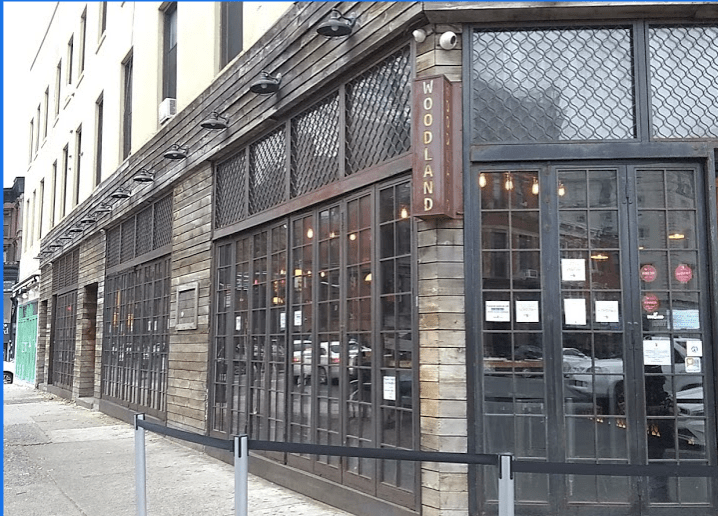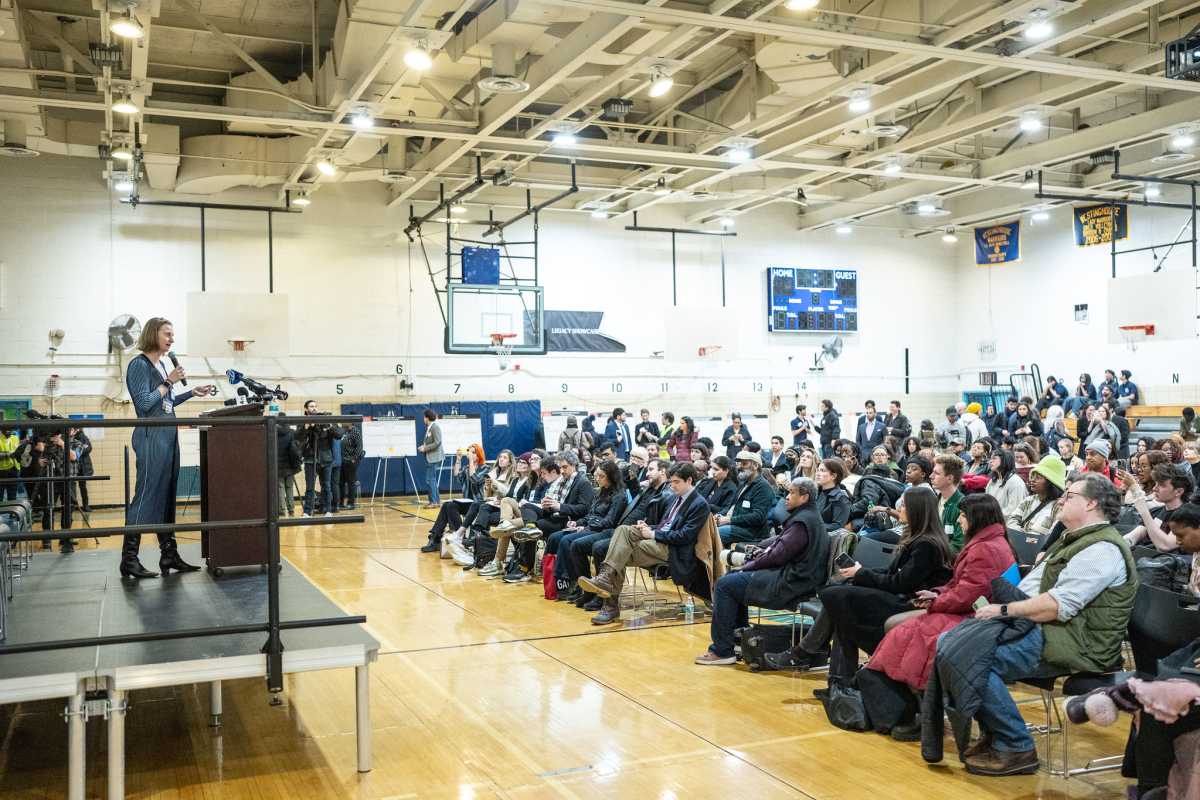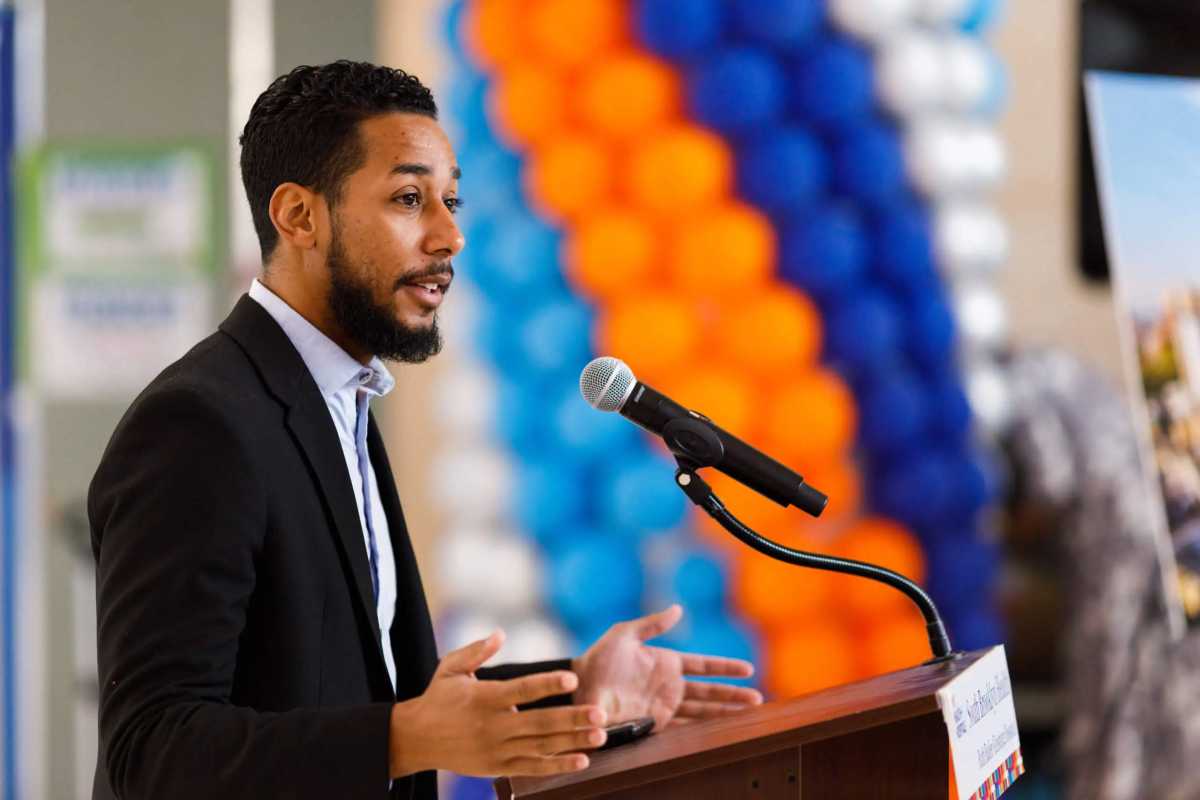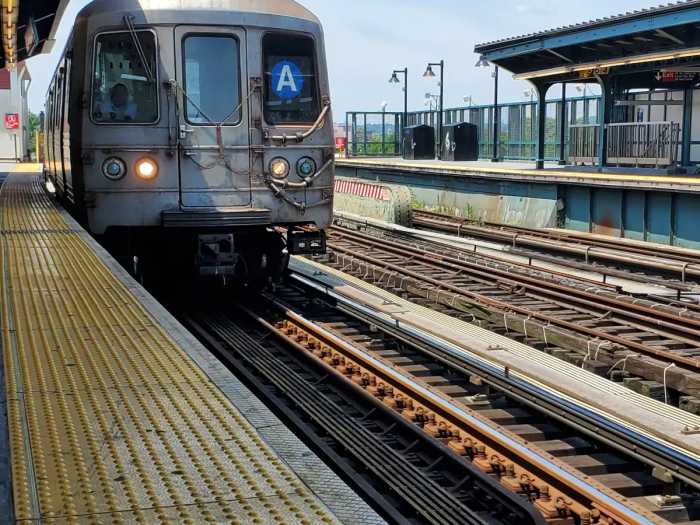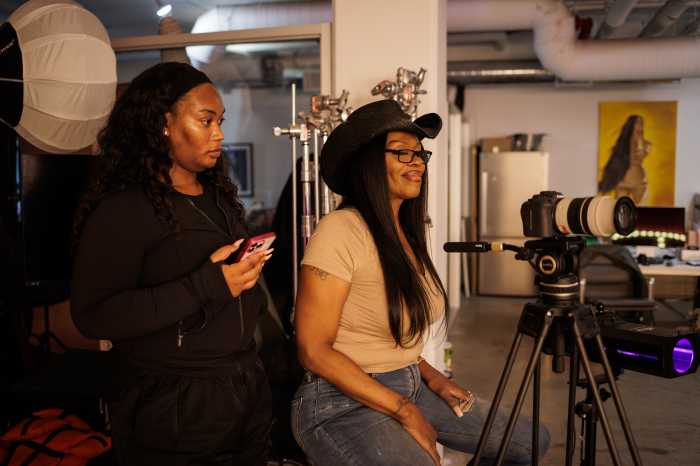A noted Black activist is charging the Park Slope progressive community with attempting to shutter a restaurant and bar just because it has one of the most popular Sunday brunch spots catering to black folks in the city.
Bertha Lewis, president and founder of the Black Institute, says that Progressive City Council Member Brad Lander (D-Park Slope), Assembly Member Jo Anne Simon (D-Carrol Gardens, Cobble Hill, Downtown Brooklyn, Boerum Hill), Community Board 6 and the local police precinct has been conspiring for a number of years to pull the liquor license and shutter Woodland Restaurant, 242 Flatbush Avenue off 6th and St. Marks avenues due to its clientele – most of which are middle-class millennials of color.
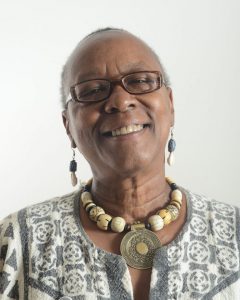
Brunches after Sunday Church to Brooklyn’s African- and Caribbean-Americans is akin to Sunday lox and bagel brunches to secular Jews – although the former enjoy dressing up and going out whereas the latter often gather at some relative’s home.
Woodland’s brunches catering to this crowd have been featured within the past six months in such popular websites as New York Magazine’s The Cut and Vox Media’s Eater, and roped-off lines to get into the eatery on Sunday afternoons stretch peacefully around the corner of the commercial thoroughfare.
“Brownstone Park Slope Brooklyn claims to all be liberal and progressive, but the minute black and brown folk get together – and it doesn’t matter their economic situation whether rich, poor or middle class – it gets to be too much,” said Lewis.
“It’s not about noise complaints or violence. It’s the [Brownstone Progressives] not wanting these people lining up on a commercial thoroughfare having fun. If it were hipsters it would be no problem. Race has always been an issue and it’s rearing its ugly head again,” she added.
The history of race issues and Woodland Restaurant goes back to the days when the ‘bobo” (a member of a social class of well-to-do professionals who espouse bohemian values and lead bourgeois lives) crowd fought in vain to stop the Barclays Arena construction.
Woodland owner Akiva Ofshtein, an attorney from Midwood, who once managed Central Park’s Tavern on the Green and who has always had close friends in the Black American and Caribbean American community, drew a lot of rebuke from the Bobo Park Slope/Borum Hill community with his plans to open the eatery.
The community pushback of a bar/restaurant catering to the black and hip hop crowd was so strong in 2011 that media outlets Politico, Patch and the Wall Street Journal all covered it.
Among the items they reported was a community petition requesting the restaurant play “Indie Music” and not hip hop.
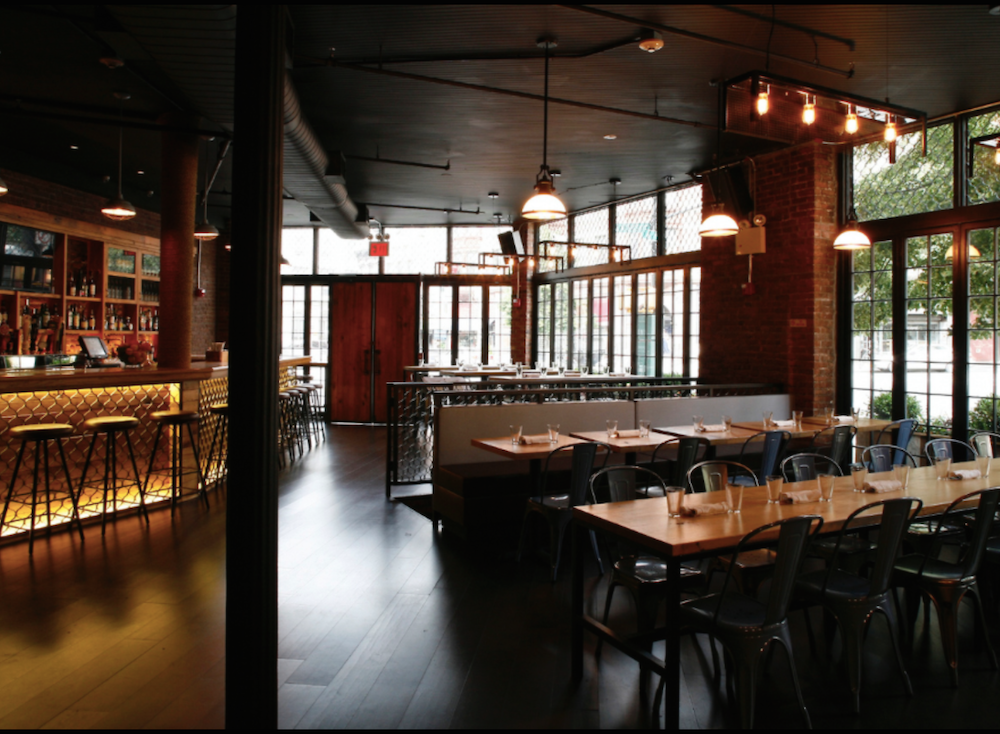
Ofshtein recalled the issue became more exacerbated when the State Liquor Authority (SLA) granted Woodland a liquor license in 2011 and the local community board (Community Board 6) went ballistic because they felt they weren’t given proper notice.
“We intended it to start out as a restaurant and never meant to be divisive in any way. We’re glad to have everybody as a customer, but the clientele shifted to African- and Caribbean-American, but since day one the community and local electeds have been nitpicking about anything and everything,” said Ofshtein. “And anytime something happened they made it seem like we dropped a nuclear bomb on Park Slope.”
Ofshtein said nevertheless he met with Lander and the CB6 members several times and always tried to be accommodating. This included hiring a dozen security guards and even stationing one down the street and putting a rope up on the sidewalk for those in the waiting line to attend the brunch.
“I wanted everybody to be happy, but I never could appease the community board. Now, it became every problem in Park Slope was coming from Woodland. If people were sitting on stoops it was because of Woodland, a person threw up pink vomit and people said she came from Woodland because Woodland serves pink drinks, if someone urinated on the street the community would say they came from Woodland even though there are several other bars and restaurants on this strip as well,” said Ofshtein.
Ofshtein said he has also fielded dozens of complaints about the music being too loud, but every time the Department of Environmental Protection enforcement agents came to the restaurant they said the noise level didn’t break the sound levels that merit tickets.
Still, the complaints kept coming, and last month the SLA placed an Emergency Order of Suspension on Woodland, preventing the business from serving alcohol. However, Prime Six Inc. (the licensee) filed an Article 78 against the state, arguing that SLA’s decision to suspend Woodland’s liquor license was “arbitrary and capricious,” and the judge granted the business a temporary restraining order allowing it to continue its regular operations until the next SLA hearing.
In the meantime, Lander, Simon and State Sen. Velmanette Montgomery fired off a letter to the SLA Commission asking the agency to “move forward with the revocation of the license.”

Lander remains adamant that racial overtones and the Sunday brunches have nothing to do with his issue with Woodland.
“While it is always important to be attentive to implicit biases, the fundamental issue here is that the bar has created a loud, destructive, and potentially dangerous environment by over serving clients and failing to heed occupancy restrictions,” said Lander.
“The community has tried repeatedly to work with the bar to address these concerns, which go above and beyond normal nightlife disturbances. There are many other bars and restaurants nearby, even right next door, that serve a clientele very similar to Woodland’s, but who operate responsibly and are welcomed by their neighbors,” he added.
But both Ofshtein and Lewis continue to think it is the large black crowds that Woodland draws that is the issue.
Lewis said she plans to speak with Montgomery (who is black) about it, and also expressed outrage that the city’s new Office of Nightlife hasn’t gotten involved to play the peacemaker – one of the exact reasons the office was created and funded with taxpayer money.
It seems that the Office of Nightlife was created to work as the go-between for hipster bars in Bushwick and Williamsburg, but when a bar with a largely black clientele has an issue they don’t want to get involved, said Lewis.
Neither CB6 or the city’s Office of Nightlife returned inquires from KCP on the matter. Montgomery’s office said they would have a comment, but has not given one as of post time.


